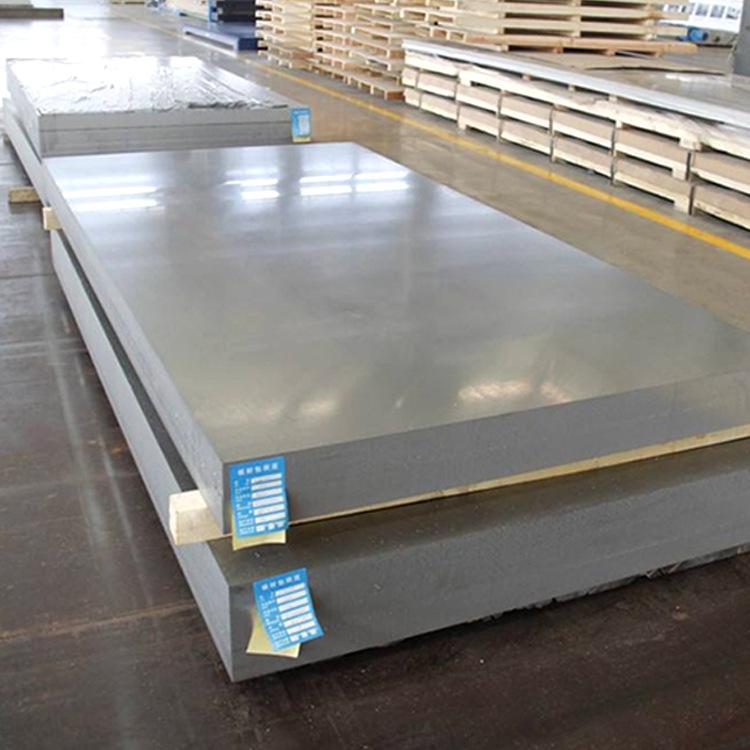Notifications

2 minutes, 44 seconds
-444 Views 0 Comments 0 Likes 0 Reviews

Aluminum, a lightweight yet strong metal, has revolutionized the automotive industry. Its widespread use in vehicle manufacturing has significantly contributed to improved fuel efficiency, enhanced safety, and reduced emissions. Among various aluminum components, thick aluminum sheets play a crucial role in shaping the modern automobile.
Why Thick Aluminum Sheets?
Enhanced Structural Integrity:
Crashworthiness: Thick aluminum sheets provide superior structural rigidity, enhancing a vehicle's ability to withstand impacts.
Torsional Stiffness: These sheets contribute to improved torsional stiffness, resulting in better handling and stability.
Weight Reduction:
Fuel Efficiency: Aluminum's lightweight properties allow for the construction of lighter vehicles, leading to improved fuel economy and reduced emissions.
Payload Capacity: Reduced vehicle weight translates to increased payload capacity.
Corrosion Resistance:
Durability: Aluminum's inherent corrosion resistance ensures long-lasting performance, even in harsh environmental conditions.
Design Flexibility:
Complex Shapes: Thick aluminum sheets can be easily formed into complex shapes, enabling innovative and aerodynamic designs.
Applications of Thick Aluminum Sheets in Automotive Design
Body Panels:
Hoods and Trunk Lids: Aluminum hoods and trunk lids reduce weight and improve fuel efficiency.
Doors: Aluminum doors enhance safety and durability.
Chassis and Frame Components:
Frames and Subframes: Aluminum frames offer superior strength-to-weight ratios.
Suspension Components: Aluminum suspension components reduce unsprung weight, improving ride quality and handling.
Engine Components:
Engine Blocks and Heads: Aluminum engine components enable efficient heat dissipation and lightweight designs.
Challenges and Future Trends
While thick aluminum sheets offer numerous advantages, challenges such as high production costs and complex manufacturing processes remain. However, advancements in manufacturing techniques, such as advanced high-strength aluminum alloys, are addressing these challenges.
As the automotive industry continues to evolve, the demand for lightweight, durable, and sustainable materials will only increase. Thick aluminum sheets, with their unique properties, are poised to play a pivotal role in shaping the future of automotive design. By embracing innovation and sustainable practices, the automotive industry can harness the full potential of aluminum to create safer, more efficient, and environmentally friendly vehicles.

